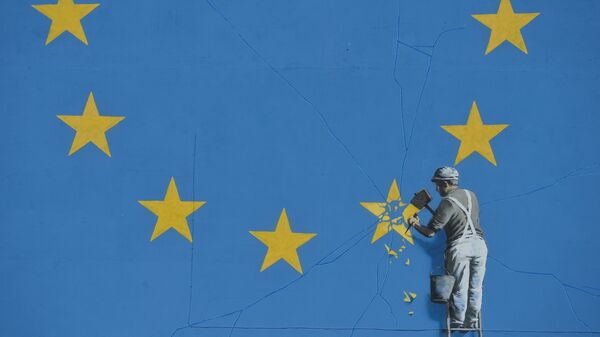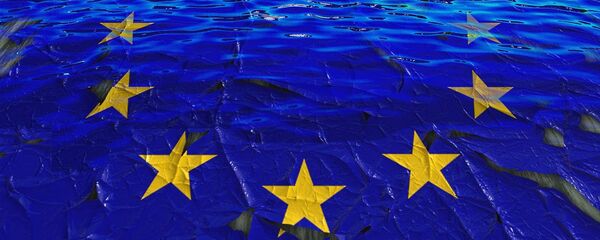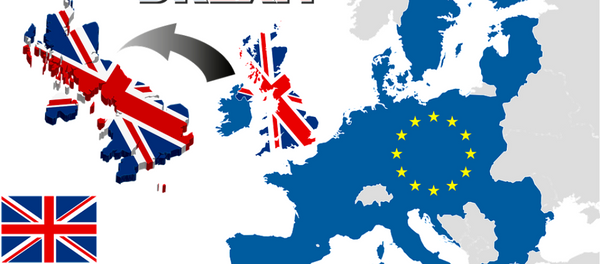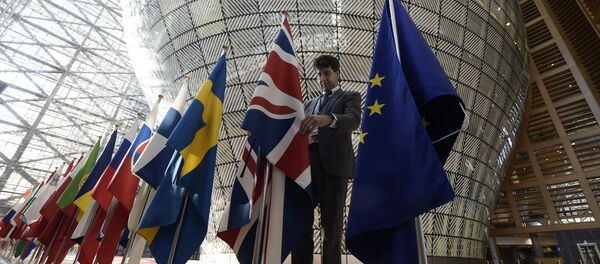Friday marks the one year anniversary of the Brexit referendum. On June 23, 2016, Britons took to the polls to vote on whether their country should stay a member of the European Union, or withdraw from the bloc. Nearly 52% voted in favor of exit. Brexit negotiations began in March, and the country is expected to finish its withdrawal from the bloc by spring 2019.
Analyzing these results, Russian political observers said that Europeans' attitudes were only logical, given the immense problems obviously facing the supranational union.
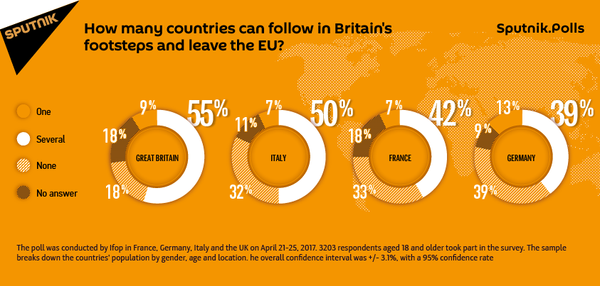
Dmitri Zhuravlev, director of the Institute of Regional Problems, a Russian think tank, told Radio Sputnik that he did not find the polling's conclusions surprising.
Zhuravlev explained that generally speaking, "the EU today [can be described as] 'Germany plus the countries cozying up to it.' This union is built according to the scheme 'Germans produce –everyone else buys'. But this scheme is fundamentally unsustainable. Therefore, people get the sense that something in this design is obviously overstrained. Some want to leave; others just understand that in this current form, the EU cannot continue to exist over the long term, which means that someone will leave."
In France's case, the situation was a bit different, according to the analyst. There, the figures are more optimistic thanks to Emmanuel Macron's recent election victory in the French presidential elections.
"Macron is a Euro-optimist, and the French, giving him the mandate to run the country, simultaneously gave him a mandate to try to further integrate into Europe, or at least to preserve integration [at current levels]. France is in the middle of this emotional 'Macron Spring'…People believe that a new leader has come to power, that everything will be different, that everything will be better. [Accordingly], Euro-optimism has become a little stronger than it would otherwise have been…But this is a phenomenon based on emotions, and that means that it is extremely unstable," Zhuravlev warned.
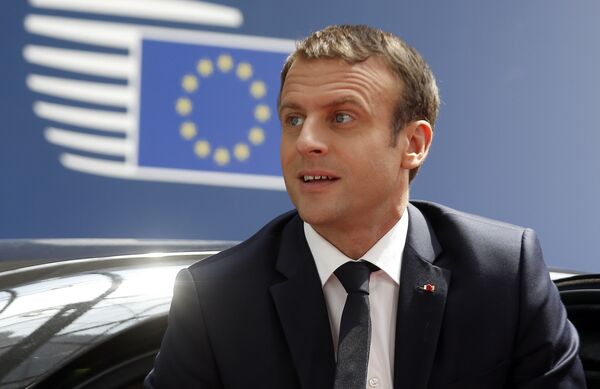
For his part, Mikhail Alexandrov, a senior expert at the Center for Military-Political Studies at the Moscow State Institute of International Relations, believes the Sputnik poll reflects the general mood of Europeans, as well as the general trend of where the situation is headed. "Most importantly, the results of the survey show that the EU has lost its appeal," he said, speaking to Russia's Svobodnaya Pressa online newspaper.
Britons, the expert noted, were the first to understand that there was nothing good for them to expect within the EU's framework. "The UK had been the largest donor to the bloc after Germany, and supported many hangers-on among the Eastern European countries. At the same time, due to its membership in the EU, Britain had to limit its ties with China and India, where the British had traditionally maintained a presence. That's not mentioning the series of African states – like South Africa, where British capital has traditionally been strong."

And with the UK leaving the union, other countries will soon start to feel the straing from EU membership, Alexandrov said.
The expert explained that "with the UK gone, the subsidies pie will shrink considerably. The Germans will have to fill this gap, but Germany itself isn't in a position to pay for everyone, either. It's obvious that they aren't going to double their contributions for the sake of subsidizing other EU members."
"Today, Germany is in negotiations with London, and is trying to force the British to shell out 100 billion euros. This is an astounding demand! Britain was an EU donor, and yet it still somehow owes more? Obviously, Berlin will not get the whole amount out of them. But even if they get just part of it, it will help the EU hold out for a while on British money."
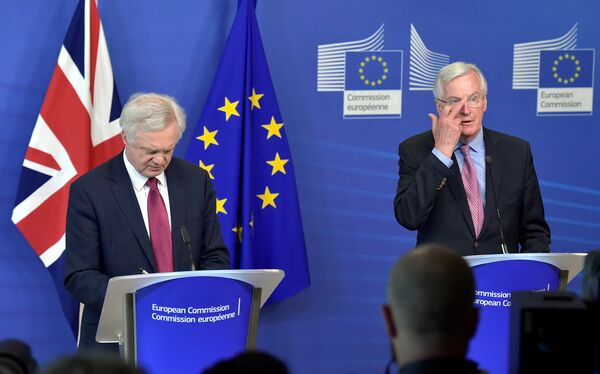
Nevertheless, Alexandrov emphasized that "sooner or later, the money will run out, while the prospects for economic growth in the EU are not clear. As the subsidies pie decreases, the interest of participating countries in EU membership will noticeably weaken. This is especially true in the case of higher income countries, which face the prospect of paying more. Effectively, the EU's problems boil down to one issue: 'Who will pay for the banquet?' For now, there don't seem to be many countries eager to do so."
"Brussels, incidentally, understands this fact perfectly," the analyst stressed. "That's why they're trying to thwart Eurasian integration. This is the main reason why the EU is an organization that is harmful for Moscow. Brussels could have played fair – and built relations with the Eurasian Union based on the principles of cooperation. But they prefer to conduct subversive activities in the post-Soviet space – in Ukraine, Belarus, Moldova and Armenia, and to provoke tensions in relations between Moscow and the post-Soviet republics."
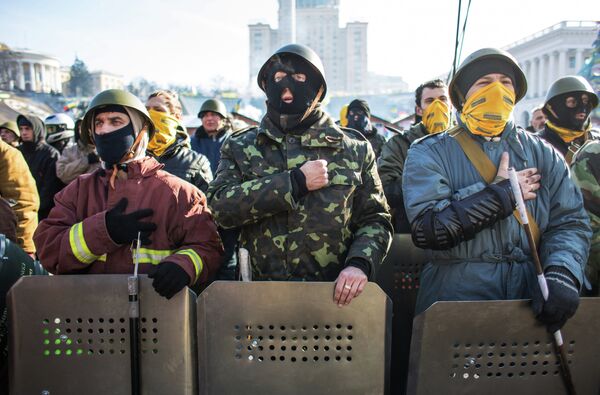
Ultimately, Alexandrov noted that on the whole, "the EU's policy has a rationale. It's worth remembering that the EU is a German project. The Federal Republic is in this way effectively pushing for the creation of a 'Fourth Reich', albeit in a mild form. Of course, Moscow cannot be happy with such plans. Therefore, the sooner the EU falls apart, the better it will be for us," the observer concluded.
